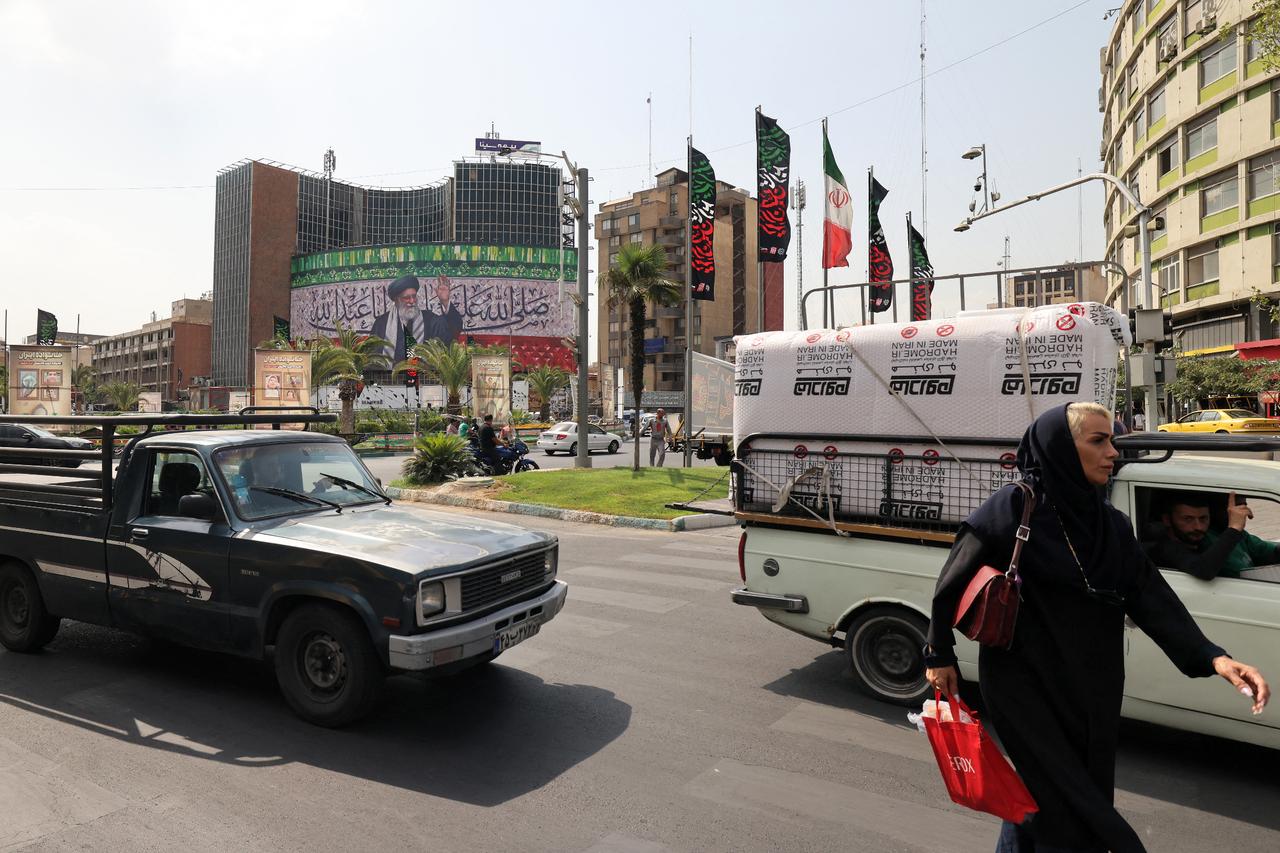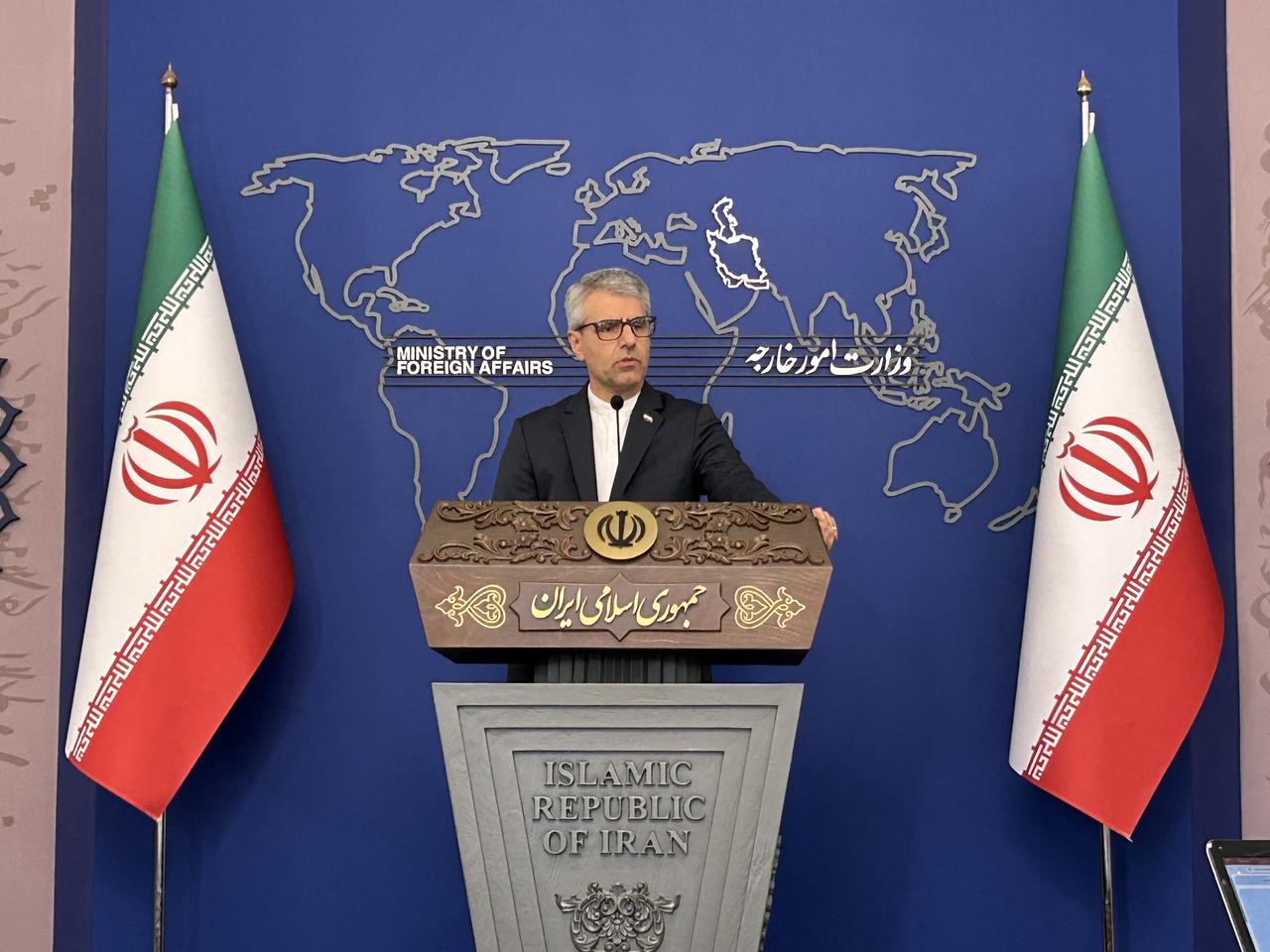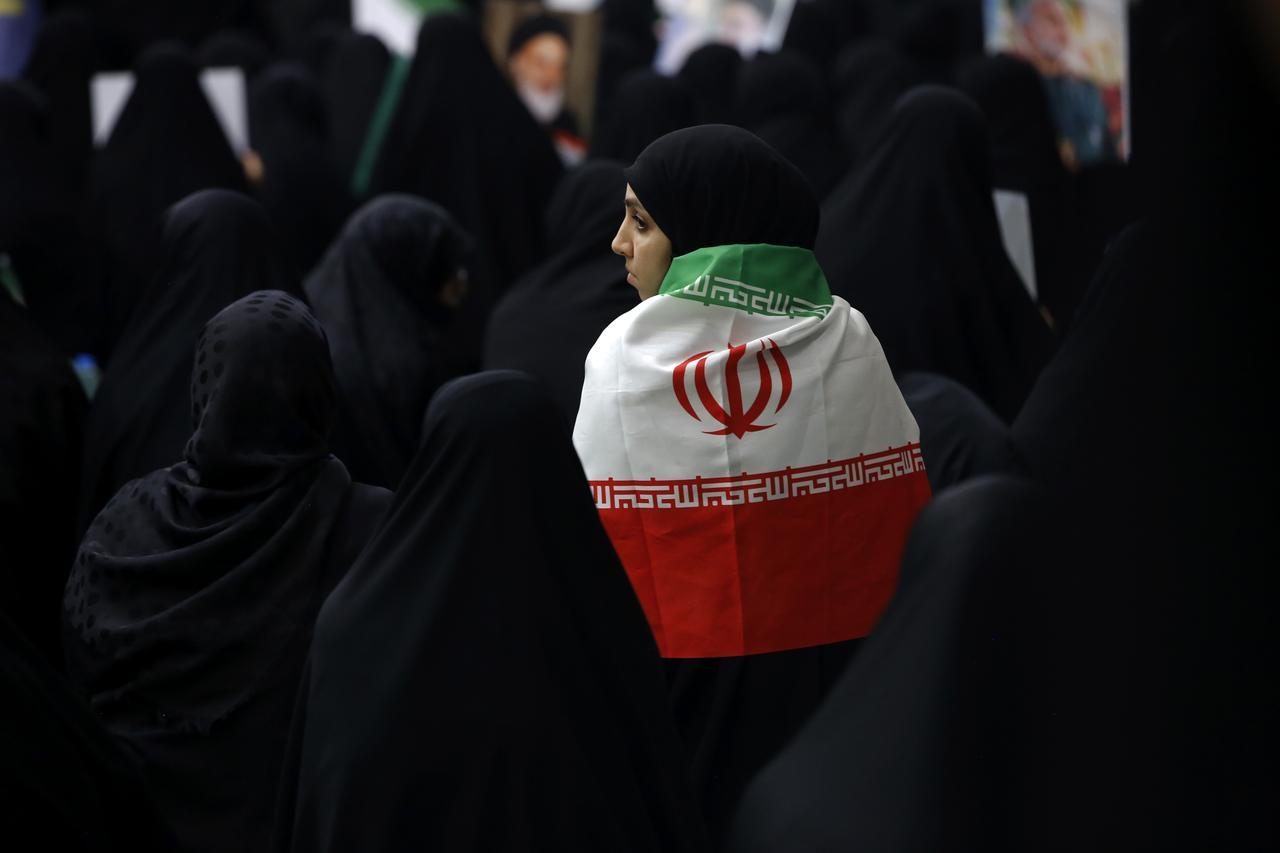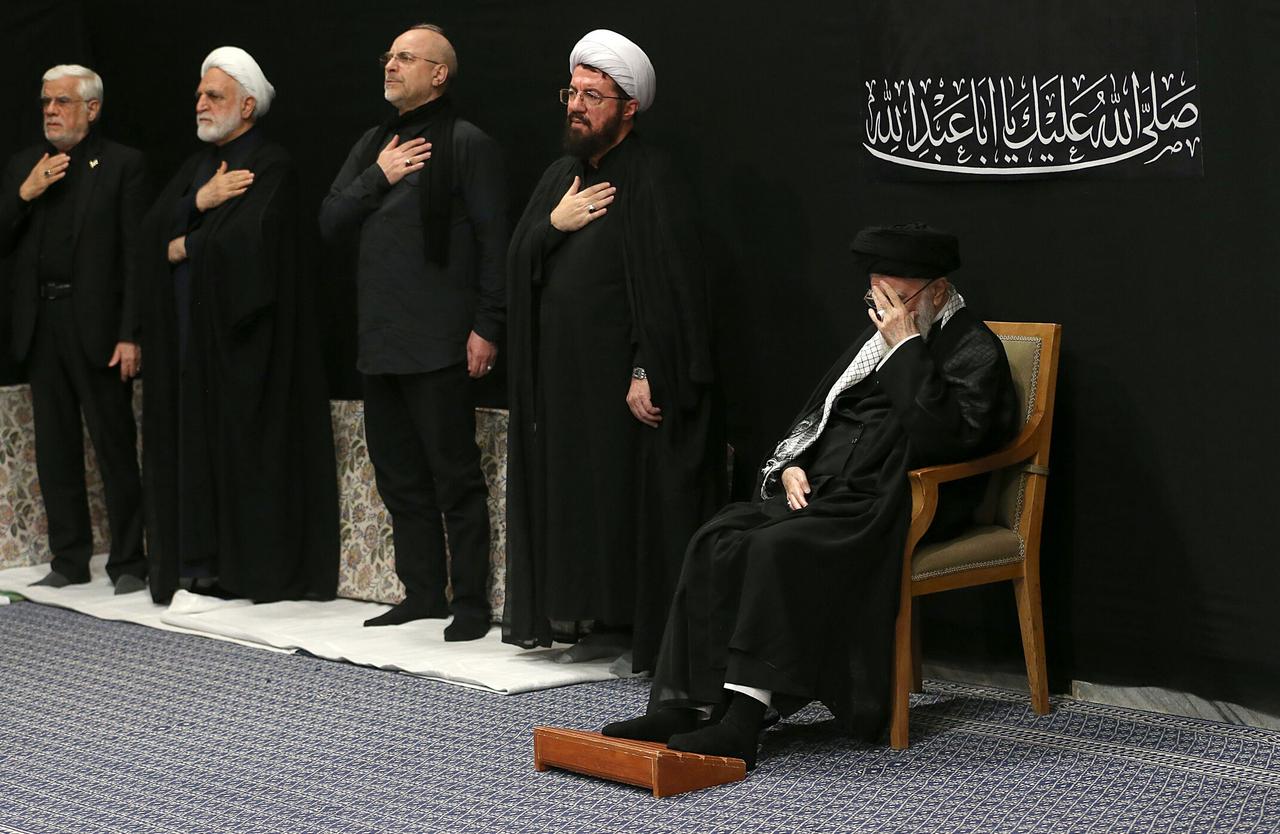
Iran vowed Monday a "proportionate and appropriate response" if European signatories of the 2015 nuclear deal reinstated U.N. sanctions under the so-called snapback mechanism, as tensions escalate over Tehran's nuclear program.
Foreign Ministry spokesman Esmaeil Baqaei criticized recent threats by Britain, France, and Germany to activate the snapback mechanism, which could reimpose sanctions on Iran under U.N. Security Council Resolution 2231, according to state news agency IRNA.
Baqaei described the European position as "a political act and in opposition to the Islamic Republic."
"Naturally, it will be met with a proportionate and appropriate response," he said during a press conference in Tehran.

The snapback mechanism allows the reintroduction of sanctions lifted under the 2015 nuclear deal if Tehran violates its nuclear commitments.
Baqaei argued that last month's attacks by the U.S. and Israel on Iran's nuclear facilities undermined the legal and political basis of the mechanism.
"Resorting to this mechanism lacks any legal, political, or moral justification," he said. "European parties are constantly trying to use it as a tool in violation of their fundamental obligations."
The spokesman reiterated Iran's position that it remained committed to the nuclear deal despite what he called "gross violations" by the U.S. and Europe.
"Iran was forced to gradually reduce its commitments, a right that was foreseen in the text of the deal, in response to the gross violations by the United States and European parties," he noted.

Ali Akbar Velayati, former foreign minister and currently a senior aide to Ayatollah Khamenei, said Iran would not oppose unconditional negotiations with the United States but warned against preconditions regarding uranium enrichment on Monday.
Speaking to Pakistan's Interior Minister Mohsin Naqvi in Tehran, Velayati said Iran would refuse negotiations if the U.S. demanded suspension of uranium enrichment activities.
"We have no objection to precondition-free negotiations that protect Iran's red lines," Velayati told the Iranian Student News Agency (ISNA). "They say Iran must stop enriching uranium, but this is one of our red lines, and if negotiations are conditioned on stopping enrichment, such negotiations will definitely not take place."
Velayati also criticized Azerbaijan's mediation between Israel and Syria and its continued relations with Israel, which he said continue the genocide in Palestine.
Pakistan's Interior Minister Naqvi conveyed messages from Pakistan's Prime Minister and Chief of General Staff to Iran's leader Khamenei and expressed support for Iran against Israeli and U.S. attacks.
Baqaei later suggested that European activation of the snapback mechanism would effectively remove them from ongoing nuclear diplomacy.
"Europeans, by resorting to the trigger mechanism, are essentially declaring that they see no role for themselves in the ongoing diplomacy regarding Iran's nuclear issue," he said.

The 2015 agreement was signed by Iran and the five permanent members of the UN Security Council—China, France, Russia, the UK, and the U.S.—plus Germany. It limited Iran's stockpile of enriched uranium to 202.8 kilograms at low enrichment levels.
The U.S. unilaterally withdrew from the deal on May 8, 2018, during President Donald Trump's first term, and reimposed sweeping sanctions on Tehran.
On June 13, Israel, with U.S. support, launched a 12-day offensive on Iran, targeting military, nuclear, and civilian sites, as well as senior military commanders and nuclear scientists.
Iran retaliated with missile and drone strikes on Israeli military and intelligence facilities. A U.S.-brokered cease-fire between Tehran and Tel Aviv was announced on June 24.